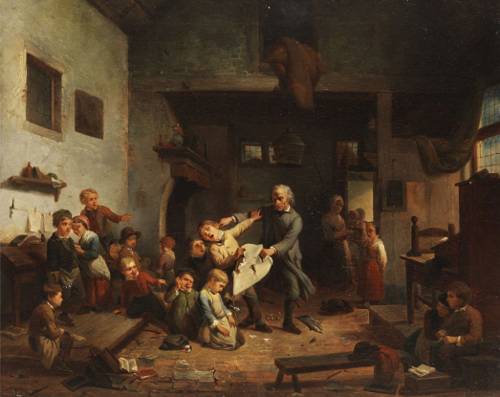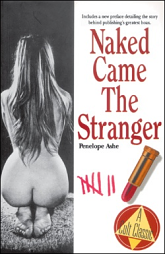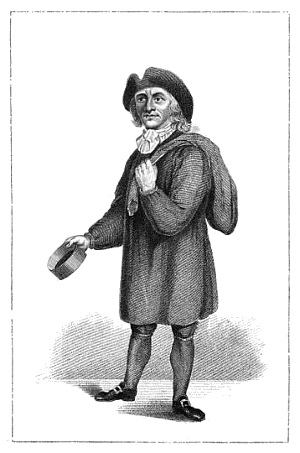In October 1921, Rep. Thomas L. Blanton (D-Texas) was nearly expelled from the House of Representatives for inserting “grossly indecent and obscene language” into the Congressional Record.
Blanton opposed unions; he was quoting an argument between a union and a non-union printer. The offensive passage was called “foul,” “disgusting” and “derogatory to the dignity” of the House; the New York Times reported that it “contained matter so indecent as to cause criminal prosecution if it had gone through the mails in an ordinary way.” Brace yourself — here it is:
G__d D___n your black heart, you ought to have it torn out of you, you u____ s_____ of a b_____. You and the Public Printer has no sense. You k_____ his a____ and he is a d_____d fool for letting you do it.
The expurgations are in the original.
Blanton kept his seat but was censured unanimously by his colleagues. “In the corridor he fell exhausted, striking his head on the marble floor. He rested a few minutes on a couch, refused medical aid, and shuffled to his office, tears running down his face as he forced his way between spectators and members who were leaving the session.”




